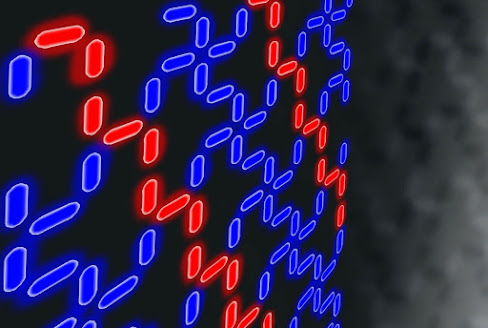 |
| Single-cell technologies allow for the analysis of individual cells and the comparison of normal cells to tumour cells (purple). Credit: Claudiu Cotta |
Researchers at the University of Helsinki and Aalto University have demonstrated that the body’s immune system attacks itself in a rare type of blood cancer. The finding could lead to improved treatment and a more intricate understanding of the immune system’s role in other cancers.
Current treatment methods for large granular lymphocyte (LGL) leukaemia, a rare type of blood cancer, are based on an understanding that the cancer cells attack the body’s own tissues. Prior research has focused on studying these rogue cells, making inroads to a better understanding of the disease.
‘Our research group demonstrated ten years ago that LGL cancer cells typically have a mutation in the STAT3 gene, a finding that is now used to diagnose this disease worldwide,’ says professor of translational hematology Satu Mustjoki from the University of Helsinki.
Although rarely fatal, blood cancer causes several chronic symptoms, including an increased infection risk, anemia and joint pain. The challenge so far has been that patients show a mixed response to treatment.














.jpg)

